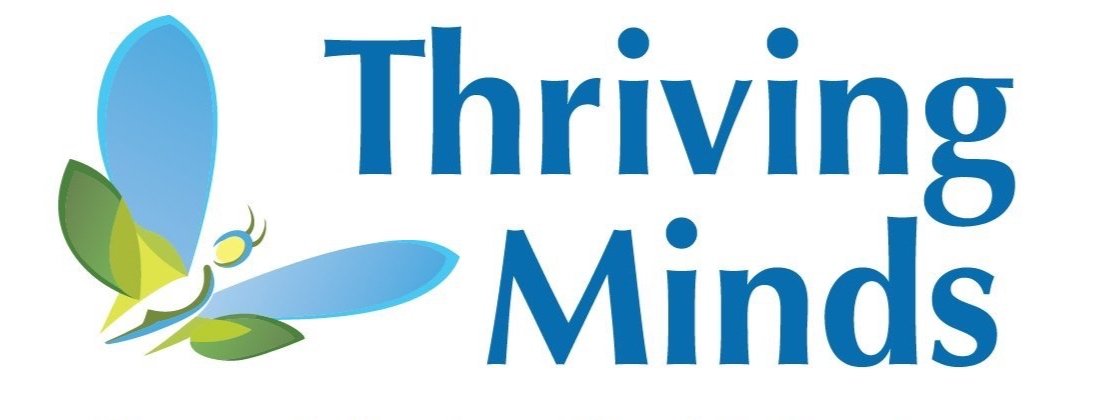Thriving Minds’ online workshops help professionals master selective mutism (SM) treatment. Led by experts, these flexible sessions offer practical strategies to support children in overcoming SM. Ready to level up your skills? Enroll today!
Explore effective strategies for treating Selective Mutism (SM) and discover how collaboration between specialists, parents, and educators can support children. Enhance your expertise with insights and resources from Thriving Minds.
Read MoreSelective mutism is a severe anxiety disorder visible in children who speak comfortably at home but not in social settings like school. It often coexists with other anxiety disorders, requiring specialized, multidisciplinary treatment to help each child effectively find their voice.
Read MoreDelve into interventions for selective mutism, exploring early identification, tailored strategies, and challenges in middle/high schools. Join Dr. Aimee Kotrba's workshop for actionable insights.
Read MoreThis guide equips sleep therapists, both seasoned and new, with insights to enhance pediatric clients' sleep health. Covering independent sleep skills, managing anxiety and nightmares, and tailoring strategies for various age groups, it emphasizes techniques like parental presence and cognitive restructuring. Thriving Minds Behavioral Health offers holistic solutions, integrating mental health expertise for overall well-being enhancement.
Read MoreEmpower Your Expertise: Online Workshops for Selective Mutism Specialists" by Thriving Minds emphasizes professional training over mere continuing education for treating Selective Mutism (SM). These workshops provide in-depth knowledge, practical strategies, and insights into SM's history, origins, misdiagnoses, severity spectrum, evaluation tools, interventions, and collaborative approaches for effective treatment.
Read MoreSelective mutism (SM) poses challenges for pediatric clients, impacting social, academic, and emotional facets. Our advanced strategies aim to treat SM, improve life quality, and address the profound impacts of speech absence. Join us to explore effective interventions for this complex condition.
Read MoreSelective mutism (SM) is a complex anxiety disorder that is often misunderstood and presents unique challenges. For professionals looking to treat SM effectively, it’s essential to understand the disorder, recognize its impact, and practice targeted treatment strategies. Continue reading to learn more.
Read More








